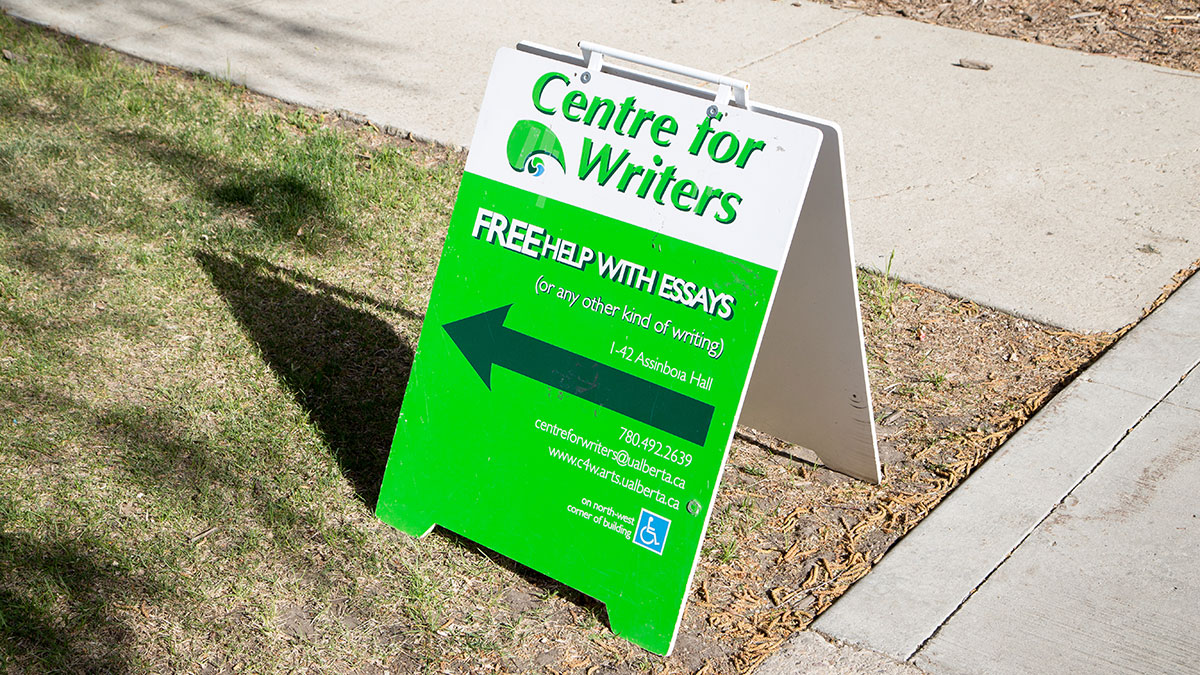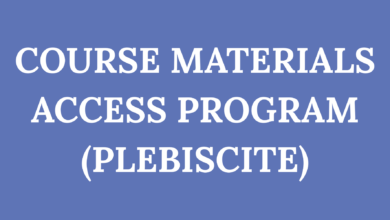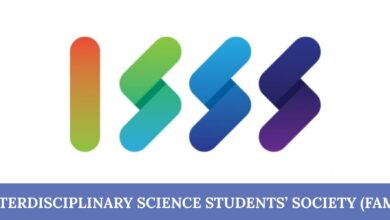Centre for Writers no longer to be an academic service
 Joshua Storie
Joshua StorieThe Centre for Writers (C4W) is becoming a student service, which has some faculty members and students concerned for the future of writing education in the university.
As of July 1, the writing centre will no longer be an academic unit in the Faculty of Arts — instead, it will be a service with the Dean of Students. The decision, made by the Provost, is reportedly final, but the Faculty of Arts council passed a motion on Wednesday advising to delay the decision for one year for further consultation. While the faculty assures that administrative changes are unlikely to affect the centre, student tutors, and writing professors are concerned that the move will damage university writing in the long-term.
Director Lucie Moussu, and others working in the centre, fear the C4W will gradually become a simple editing service with little academic direction.
“Right now, the centre is an academic service, in the sense that writing is academic,” Moussu said. “Under student services, you have housing, financial aid, and all those things for students. It’s about student life and it’s important, but it’s not about research and publishing articles and papers.”
The C4W is a free service for students in the basement of Assiniboia Hall. Student tutors, hired after completing the for-credit course WRS301: Introduction to Writing Centre Theory and Practice, help individuals with their written work ranging from engineering lab reports to personal autobiographies. Tutors are trained to work with all linguistic backgrounds — including the U of A’s large demographic of international students.
The university aims for students to not see a difference in service quality next year, and for tutoring to remain a free service. But future changes are still a possibility, according to Stuart Landon, Acting Vice-Dean of Arts.
“There was never the intention that (the C4W) was going to move into the Dean of Students’ office and become a paid service,” Landon said. “That has never been discussed.”
The Dean of Students does not yet have a list of qualifications and requirements for the C4W’s next, non-academic, director, and the role has yet to be outlined.
Three years of consultation prior to the creation of the C4W determined that it needed to be an academic unit to improve the university’s writing education, as an extension of the writing instruction that students receive in courses.
But now, according to the Faculty of Arts, the centre does not fit in the academic mandate of conducting research because it does not produce research or offer for-credit courses, contradicting the recommendations of the writing task force that outlined the C4W’s mandate seven years ago. Previous recommendations included the appointment of a faculty director specializing in writing to lead the C4W, which would give students the best help when structuring and researching academic papers. The director’s academic background would be in second-language acquisition to help non-English writers, and would also conduct research from the centre on best methods of tutoring writing.
As a student service under the Dean of Students’ portfolio, the centre cannot have a faculty member as a director. Moussu, who left her position as director of Ryerson University’s writing centre to grow the U of A’s newer centre, will no longer be able to work in the position she was hired for. Furthermore, Moussu chairs the Canadian Writing Centres Association and may have to resign, as the position must be filled by a writing centre director.
Moussu said that writing centre research must be conducted from a management position, as research involves organizing workshops and guiding student tutors. Now that she cannot direct the U of A’s writing centre next year, she will look for employment at another institution.
“(Leaving) breaks my heart,” Moussu said. “The job I had here was the best job on earth. It was like a real family, I mentored my student tutors … I will miss that so much.”
Those involved with the writing centre are also concerned about how tutoring quality may be impacted without academic direction. In the past, the centre director would teach the WRS301 in class and guide them through their practicums in the writing centre. The director will no longer teach WRS301, which may lead to contradictions in class instruction and practical instruction. Student tutors, such as Sai Vemula, unsure about the new administration.
“I can’t comment on whether tutors will be objectively worse,” Vemula said. “But I think WRS301 was one of the highlights of my degree because of the (employer-professor) relationship that the director had with her students.”
Writing centre tutor Jee Su Suh is concerned that academic writing centre theory could be left behind if it’s not reinforced while tutors are actually working. Suh hopes that tutors’ concerns are acknowledged by the university in the future, as their voices were left out of initial consultation.
“If the university offered formal training for academic writing, (students’ writing abilities) wouldn’t be a problem. But they don’t,” Suh said. “So students come to the Centre for Writers, where they get help.”
The Students’ Union, which had been closely involved in creating the writing centre ten years ago, also could have been consulted on the move more, SU Vice-President (Academic) Marina Banister said. The SU’s priority moving forward is to ensure that service from the C4W remains high-quality and free for students.
“I’m hopeful that the quality won’t be lost,” Banister said. “But the number one way that will happen is if (the university) is actually asking students and people that use the service what is of value to them.”
The change will be discussed at General Faculties Council on May 30 in Council Chamber 2-100, which is open to the public. Concerned individuals, including students, professors, and anyone who accesses the C4W, may voice concerns during council’s open session.




